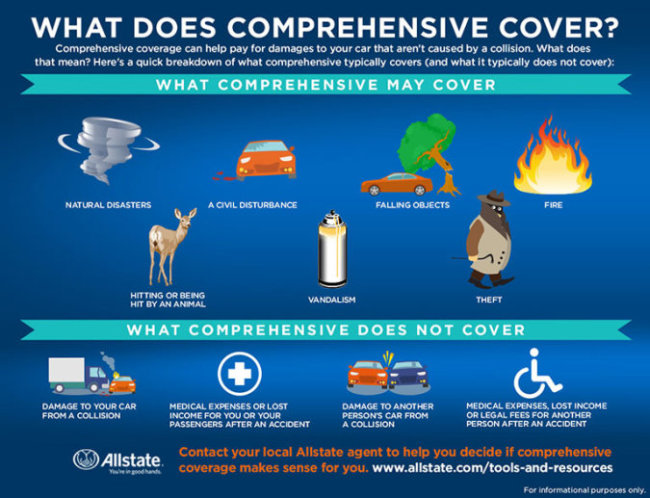Can Lemonade ‘Revolutionize’ Car Insurance?
Lemonade has already upset the traditional insurance model with its ‘Giveback’ to charitable causes and record-setting speed for paying claims. Can the VC-backed startup revolutionize the way car insurance works?
Lemonade made quite a splash when it debuted its homeowners’ and renters’ insurance for New York residents in September, 2016. Since then, the radically transparent, upstart “B-corp” has expanded to a nearly nationwide presence, and the firm will soon be offering auto insurance, as well.
Can Lemonade auto insurance live up to the hype? And what’s all the hype actually about, anyway?
What Makes Lemonade Special?
Most insurance companies make their profits by taking more from customers in premiums than they pay out in claims. This creates an adversarial relationship between the company and its customers, and some big insurers have been charged with an unscrupulous strategy of Delay, Deny, and Defend (the “three D’s”).
Customers expecting to get the runaround from their insurers are more likely to exaggerate their claims, and insurers anticipating this from their customers become even more obstinate. Lemonade seeks to break this cycle of distrust by better aligning the incentives of everyone involved.
How can Lemonade do this?
- Instead of relying on unpaid claims as the source of company profits, Lemonade takes a flat 20% fee – that’s it.
- Individuals insured through Lemonade select a charitable cause for the company’s “Giveback” program. All customers pledging to a particular cause become part of a “peer group.”
- Premiums collected above Lemonade’s 20% fee are pooled to pay claims – and whatever money’s left over at the end of the year goes to a charitable cause, not Lemonade’s bottom line.
Lemonade is banking on the idea that its customers will be less likely to cheat a good cause than a soulless corporation. That makes sense.
The Truth About Dishonesty
Lemonade also requires its customers to sign an Honesty Pledge. This may sound trivial, but Lemonade’s Chief Behavioral Officer Dan Ariely, best known for his Ted Talks and the CNBC documentary (Dis)Honesty: The Truth About Lies, has conducted experiments in which he reduced cheating to zero by simply asking folks to recall the Ten Commandments. Since none of the participants could actually name all ten, it’s unlikely they were an overly religious group – and yet, even being asked to think about morality caused them to act more morally.
Dishonesty is a big problem for the insurance industry – on both the customer and the corporate ends. Significantly reducing fraud, even if it can’t be eliminated, would allow insurers to offer much more attractive rates to their customers, and/or pay out legitimate claims with much less hassle. Lemonade has already set an (unofficial) world record by paying a customer’s claim in three seconds.
Will Lemonade’s Model Work for Auto Insurance?
Lemonade’s homeowners’ and renters’ insurance has been on the market for just over 100 days, but all indications are that the VC-backed firm is in excellent financial health. Nevertheless, selling auto-insurance could present challenges not evident in Lemonade’s existing markets.
For instance, 87% of Lemonade’s customers are first-time buyers of homeowners’ or renters’ insurance. This shows the company is reaching a market that traditional insurers have been unable to reach. But everyone has to buy auto insurance, making the market much larger – and more inclusive of “poor risks.” These poor risks may be more willing to exaggerate their claims, even if doing so takes away from a cause. Of course, Lemonade reserves the right to deny coverage to poor risks – and doing so should keep premiums low for the rest of its customers.
When Will Lemonade Offer Auto Insurance?
We don’t have a specific answer to this question yet, but Lemonade auto insurance should be coming soon – to at least some states. Insurance is regulated at the state level in the U.S., and this means Lemonade will probably target a few states to begin with, just like they did with their homeowners’ and renters’ insurance.
The traditional insurance model has long been in need of a serious shake-up, and Lemonade is at the vanguard of reforming and improving the industry. It’s safe to assume that Lemonade’s auto product will have the same “Giveback” feature as its homeowners’ and renters’ packages, and a flat 20% fee to ensure the company will pay claims on the basis of merit, rather than Delaying, Denying, and Defending.
Once Lemonade auto is available, be sure to try out the comparison form available at the top of this page. When you do, be sure to consider more than just the monthly premiums: You may pay less with other insurers, but will they be as quick to pay out claims when they retain, as corporate profits, whatever they don’t pay?

